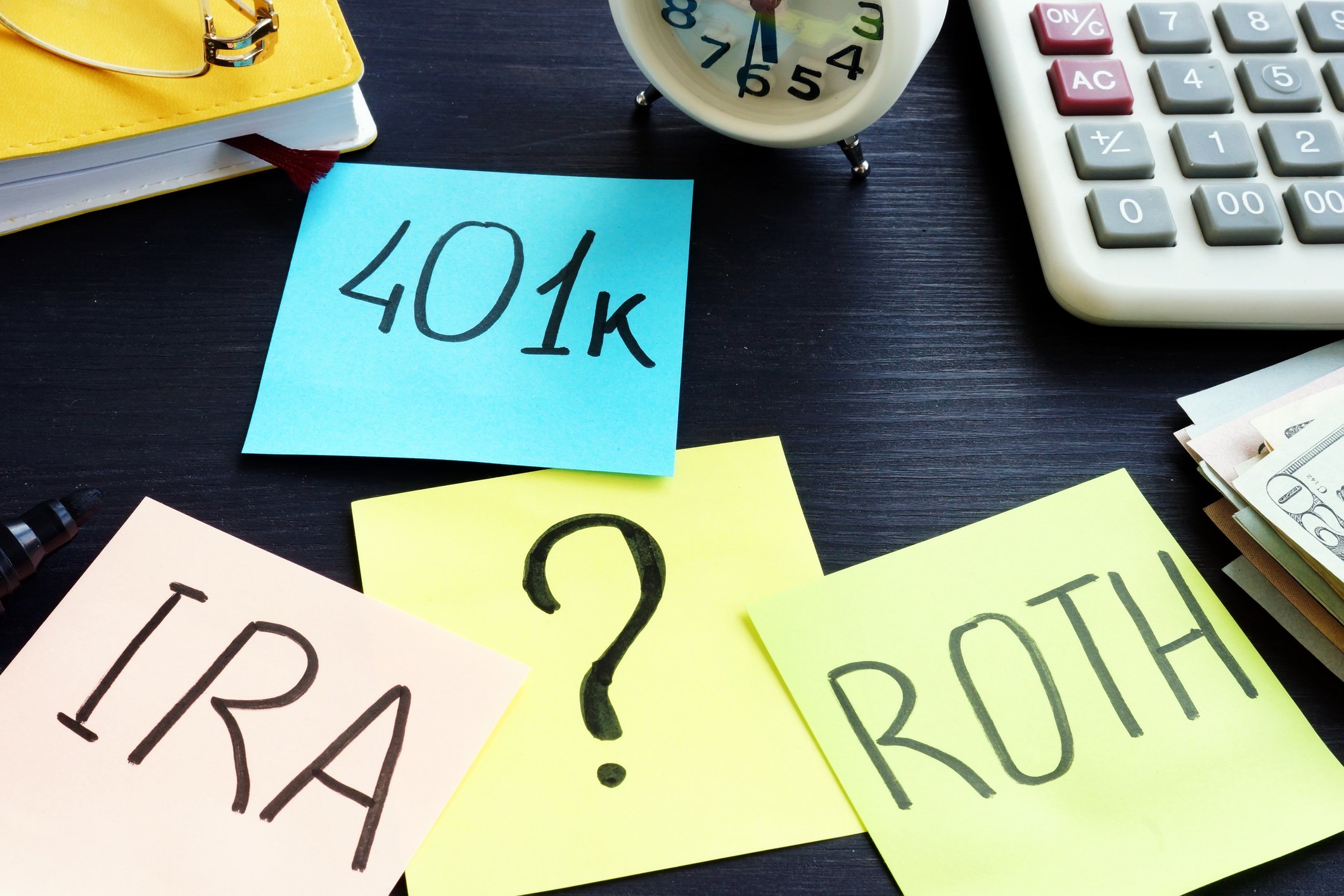It's not uncommon for older adults to downsize or move to a new city in retirement. This can be an exciting time, but it can also be a challenging one, particularly if you plan to purchase a new home. Lenders are prohibited from discriminating against loan applicants based on age, but retirees still face greater challenges than working adults in securing a mortgage.
Here are a few things you need to know about getting a mortgage in retirement before you start filling out loan applications.

Image source: Getty Images.
Buying a new home in retirement isn't always wise
A mortgage is a big expense, and even if you do get approved for one, it isn't always the smartest financial move. Most retirees have lower incomes than they did during their working years, and many people underestimate how long this money will need to last them. By adding a mortgage payment to your monthly expenses, you could deplete your funds even faster, leaving you struggling to make ends meet in the last years of your life.
Evaluate your finances carefully before applying for a mortgage. Make sure you have enough money saved for retirement to comfortably sustain you for the rest of your life. Of course, no one can be sure exactly how long they're going to live -- so it's a good idea to overestimate just to be on the safe side.
You should also evaluate how much debt you have. Debt can hurt your credit score if you end up falling behind on your payments, and it raises your debt-to-income ratio. Both of these things can make it harder to secure a mortgage. Plus, debt places additional demands on your budget. If your debt spirals out of control, you may have trouble paying your monthly mortgage payments.
For many retirees, it's wiser to stay in their existing home -- especially if it's paid off -- or consider renting a smaller place, rather than taking on a new mortgage. But if you have a solid nest egg and little to no debt to your name, then you may not have any trouble paying for a new home, especially if you use the proceeds from your existing home's sale to make a large down payment on a cheaper house.
Showing enough income is the biggest challenge
Retirees are no longer working, so they cannot show traditional income from a job. But you don't need a job to get approved for a mortgage: Any income you're receiving from pensions or Social Security will count, and if you're taking regular withdrawals from your retirement accounts, these often count as well.
If you're not taking money from your retirement account, the lender may be willing to assess your "income" through a method called asset depletion instead. This is where they total the value of all of your financial assets, minus the cost of the down payment. Then they take 70% of the result and divide it by the number of months in the loan term to come up with your theoretical monthly income. For example, if you have $750,000 in assets and you're putting $35,000 down, then you'd be left with $715,000. 70% of that comes to $500,500. Assuming you're interested in a traditional 30-year mortgage, that comes out to a $1,390 estimated monthly income.
Apart from being able to show a steady income, you also have to show a low enough debt-to-income ratio. This may or may not be a challenge for you, depending on how much debt you have to your name and how much income you have in retirement. The exact requirements will vary from one lender to the next, but most require you to keep your debt-to-income ratio at 40% or less. This means your debts take up no more than 40% of your monthly earnings. Any more than that may indicate that you're living beyond your means and may be unable to pay back what you owe.
It's a good idea to talk to lenders about their income and debt-to-income requirements before you go through the trouble of filling out a mortgage application. That way you can get a sense of what you should be aiming for and make any necessary adjustments, like paying down debt or taking a little more money from your retirement accounts each month.
Don't forget the other factors lenders look at
Income is important when you're applying for a mortgage, but it's not the only factor lenders look at. Your credit score also plays a major role, because it provides financial institutions with an idea of how responsible you are with your money. A poor credit score -- around 630 or below -- can damage your chances of getting approved for the mortgage. If you have bad credit, take steps to improve it before you apply.
The down payment also matters. If you can afford to put down a larger down payment, your chances of approval go up because you're now borrowing less money. The down payment required will vary depending on the method used to assess your income. If you're relying on Social Security, pensions, and money from your retirement fund, you can probably get by with putting down as little as 5%, though you'll have to take on private mortgage insurance (PMI) until you reach 20% equity. If your income was determined using the asset depletion method, your lender may require a 30% down payment. Talk to your lender about how much you'll be required to put down on the home, and make sure it's an amount you feel comfortable paying.
Occupancy status may also be a factor. Primary homes usually secure better mortgage rates than second homes. If you intend to use the new home as a vacation property, you should be prepared to pay a little extra in interest.
Getting a mortgage in retirement poses some unique challenges, but it's not impossible. Talk to your lender about what you need in order to qualify and then go through your finances to ensure that it's feasible before you make any moves.





